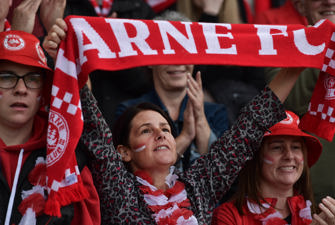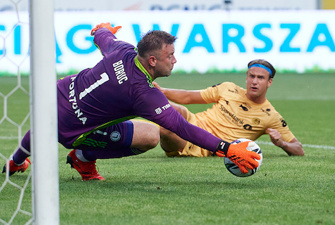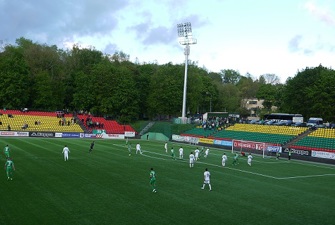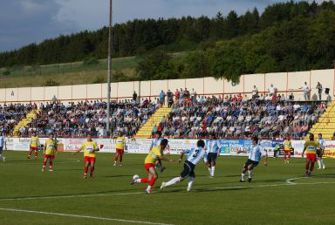Play the Game's UCL Diversity Index
On this theme page, you can find Play the Game's UEFA Champions League Diversity Index dating all the way back to the 1994/95 season.
Since 2009/10, Play the Game has been monitoring the annual intake of clubs into UEFA’s Champions League (UCL). The aim of Play the Game’s UCL Diversity Index is to illustrate how a greater concentration of the same clubs is appearing in UEFA’s premier club competition.
The increasing concentration of the same clubs all benefitting from UEFA cash illustrates how the competition has been slowly morphing into a competition that is almost closed already.
The index shows how the number of debutants in the competition has dwindled to only a handful of new clubs every year. These clubs are mainly eliminated before the group stages, which keeps UEFA’s largest cash distribution among the same clubs and leagues that dominate the main competition and the cash bonuses this produces.
How the index is made
Play the Game's UCL Diversity Index runs from 1994/95, when the major structural changes to the competition that heralded the modern UCL began. The index works by dividing the total number of places awarded to countries by the number of different clubs to take up these places.
The countries with the highest index rating are those with the smallest number of clubs to enter since 1994/95 and are therefore the least diverse. At the opposite end of the index, the UEFA members with the lowest rating are those that have had the greatest diversity and the largest number of clubs taking part for the places on offer.
The index is produced by journalist Steve Menary and is usually published every summer.














